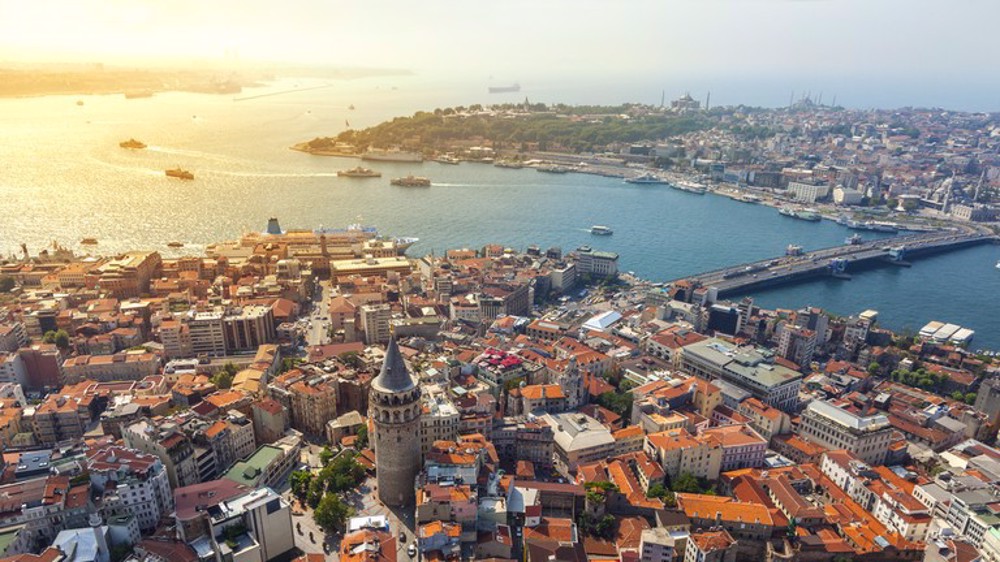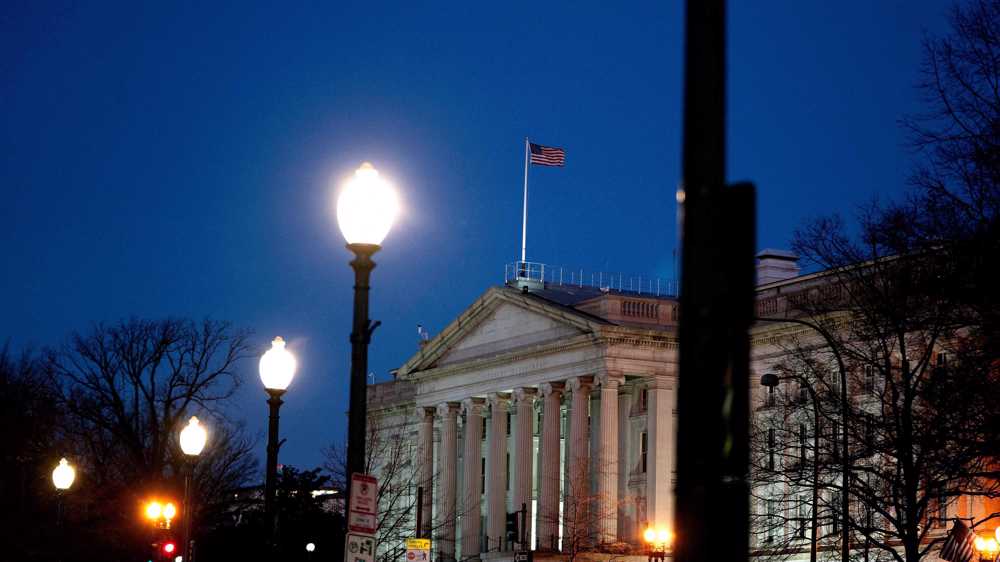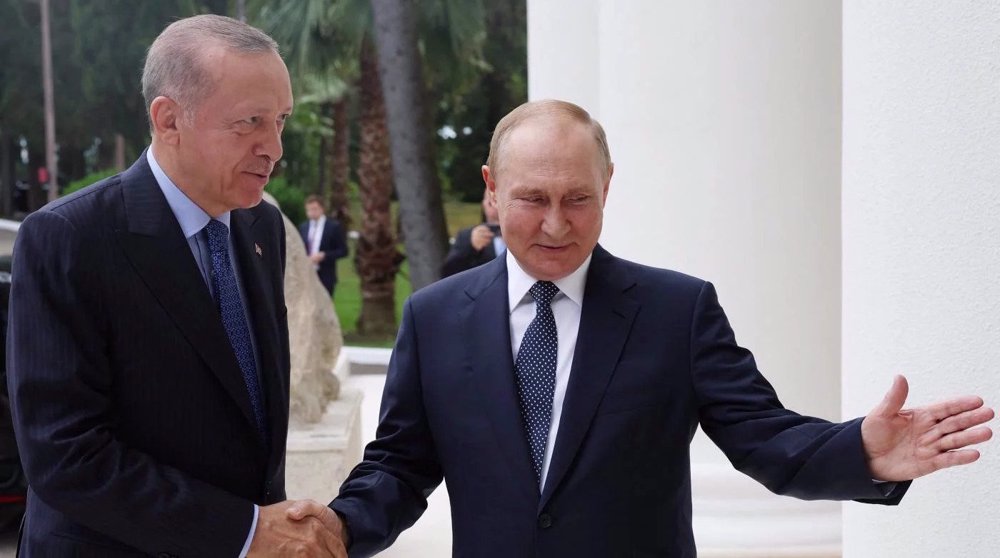US spy agency threaten Turkish businessmen over Russia trade
Local offices of the US Central Intelligence Agency (CIA) in Turkey have “openly” threatened Turkish businessmen for trading with Russia while snooping into their real estate deals over concerns about possible evasion of US-led sanctions against Moscow, local news outlets reported.
CIA’s Turkey station chief has allegedly contacted high-ranking construction-company employees in the country, inquiring about transactions and other confidential details of recent real-estate purchases involving Russian entities or individuals, local daily Yeni Safak reported Friday, citing business sources.
According to the report, the senior CIA officer questioned local businessmen under the guise of monitoring the US-imposed anti-Russia sanctions, expressing particular interest in learning about the exact number of “houses sold to Russians,” the channels and currency, as well as the form of payment used in the transactions.
Another instance of what the Turkish media outlets have slammed as “interference” in [internal] affairs outside the authority of US government agents, was a letter reportedly sent on August 22 to the Turkish Industry and Business Association (TUSIAD) by US Deputy Treasury Secretary Wally Adeyemo, threatening to impose sanctions on members involved in conducting business with Russia.
TUSIAD confirmed receiving Adeyemo’s letter in a press release published on Tuesday without revealing its content, noting that it had shared it with Ankara’s foreign and finance ministries.
“Any individuals or entities providing material support to US-designated persons are themselves at risk of US sanctions,” Adeyemo wrote in his letter, as its contents were first reported by The Wall Street Journal last week.
“Turkish banks cannot expect to establish corresponding relationships with sanctioned Russian banks and retain their corresponding relationships with major global banks as well as access to the US dollar and other major currencies,” he added.
Since Russia began an ongoing military operation in neighboring Ukraine on February 24, the US and its European allies imposed rafts of sanctions against Moscow, warning other countries against doing business with Russia’s sanctioned companies and individuals.
Turkey, despite being a member to the US-led NATO, maintains good relations with Russia even after the onset of the operation, enraging Washington, which remains increasingly alarmed that Moscow and Russian businesses are allegedly using Turkey to evade Western financial and trading restrictions against the Kremlin.
Earlier this month, Turkish President Recep Tayyip Erdogan and his Russian counterpart Vladimir Putin reached an agreement to boost economic cooperation at a summit in the Black Sea resort of Sochi.
According to official figures, the value of Turkish exports to Russia between May and July climbed by nearly 50 percent from last year’s figure.
Turkey has doubled its imports of Russian oil this year as Russia pivots away from Europe. Ankara and Moscow have also agreed to transition to ruble payments for the natural gas exported by the Kremlin-tied giant Gazprom.
Ankara, which also maintains good ties with Ukraine, has so far tried to stay neutral in the conflict and refused to join the international sanctions regime against Russia.
Turkish officials have not yet formally responded to Adeyemo’s letter.
‘All wars have rules. All of those rules have been broken’ by Israel
VIDEO | Report flags India’s violation of rights of Rohingya detainees
Turkey's foreign minister meets Syria's de facto leader in Damascus
'Next to impossible' to rescue patients from Gaza's Kamal Adwan Hospital: Director
VIDEO | Vietnam current prosperity
Report blames gasoil exports for shortage at Iranian power plants
VIDEO | Hind Rajab Foundation names Israeli war criminals vacationing after Gaza genocide
VIDEO | Australians rally for Gaza ahead of Christmas festivities












 This makes it easy to access the Press TV website
This makes it easy to access the Press TV website